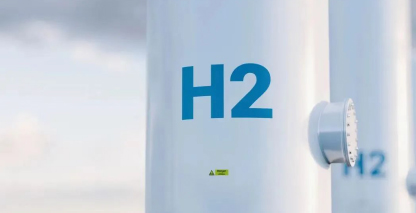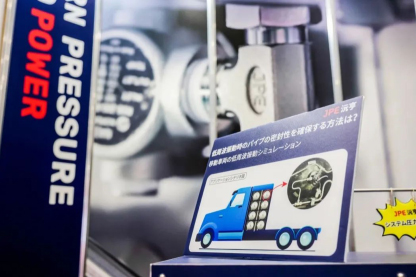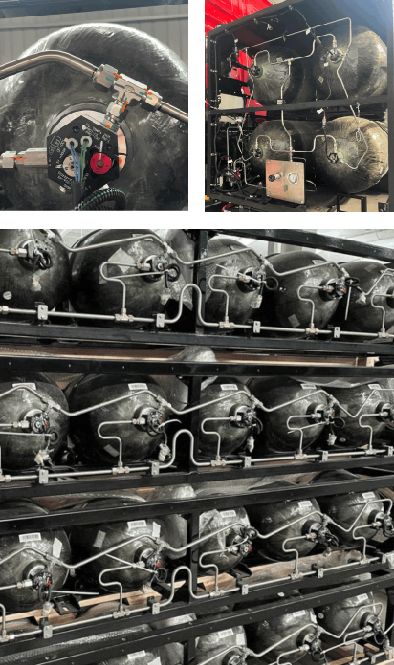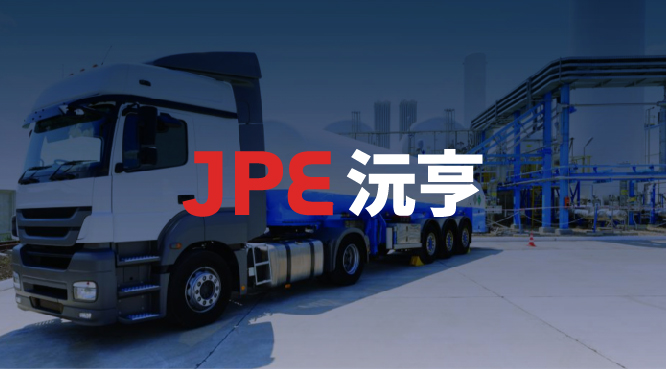JPE Industry Insights | Report on Japan's Hydrogen Energy Market Dynamics
2024-03-21
Industry Knowledge Popularization
Japan has long been a pioneer in the field of hydrogen energy, with major companies in various sectors such as automotive manufacturing, gas stations, airports, and steel plants establishing hydrogen energy divisions to quickly respond to the development and technological application of new energy sources.
With strong support from national policies and leading-edge industry technologies, Japan's hydrogen energy industry has developed relatively comprehensively. Key industry equipment such as hydrogen refueling stations, fuel cell testing equipment, and hydrogen storage facilities have entered complete commercialization pathways.

As the overall industry matures, equipment manufacturers have begun to standardize products. At the same time, standards for component use in product systems have been established, including pressure levels, temperatures, leak grades, etc., providing guidelines for future enterprises in the industry and promoting greater compliance among suppliers in the supply chain.
JPE has long been a brand that attaches great importance to product certification and testing standards. Products have obtained international certifications such as ASTM F1387, ISO 15848, EC79, fully demonstrating product performance and safety recognition. Moreover, JPE actively provides corresponding compliant products to meet international certification requirements from various regions, in response to market and industry needs.

In the field of hydrogen energy technology applications, to increase the operating time of hydrogen vehicles, it is common to use multiple hydrogen cylinders in parallel connection (cylinder modules & cylinder cabinets) to expand hydrogen storage capacity.Tube fittings and professional piping configurations play important roles in connecting cylinders and provide reliable and stable application solutions for hydrogen storage systems.
In addition to the high pressure of the cylinders themselves, the vibrations generated during hydrogen vehicle operation pose a more stringent test for tube fittings and pipeline configurations between cylinder modules. To simulate the impact of vibrations generated during vehicle operation on tube fittings, JPE demonstrates the working conditions of pipeline pressure vibration frequency through vibration test benches, showcasing the excellent sealing and reliability of JPE's coupling joint products, providing the hydrogen energy market with a trustworthy product option.

Facing the severe challenge of global energy scarcity, green energy has become an important issue for many countries' development. Among the numerous alternative fossil fuel technologies, the gradual expansion of hydrogen energy application fields is a developing trend.
Looking ahead, JPE will play an increasingly important role in hydrogen energy systems, continuing to invest in research and development in new fields, striving for continuous improvement, and providing the industry with a safer and more reliable choice!
Further Reading:JPE experts’ technology sharing | Passed the hydrogen energy industry certification EC79
